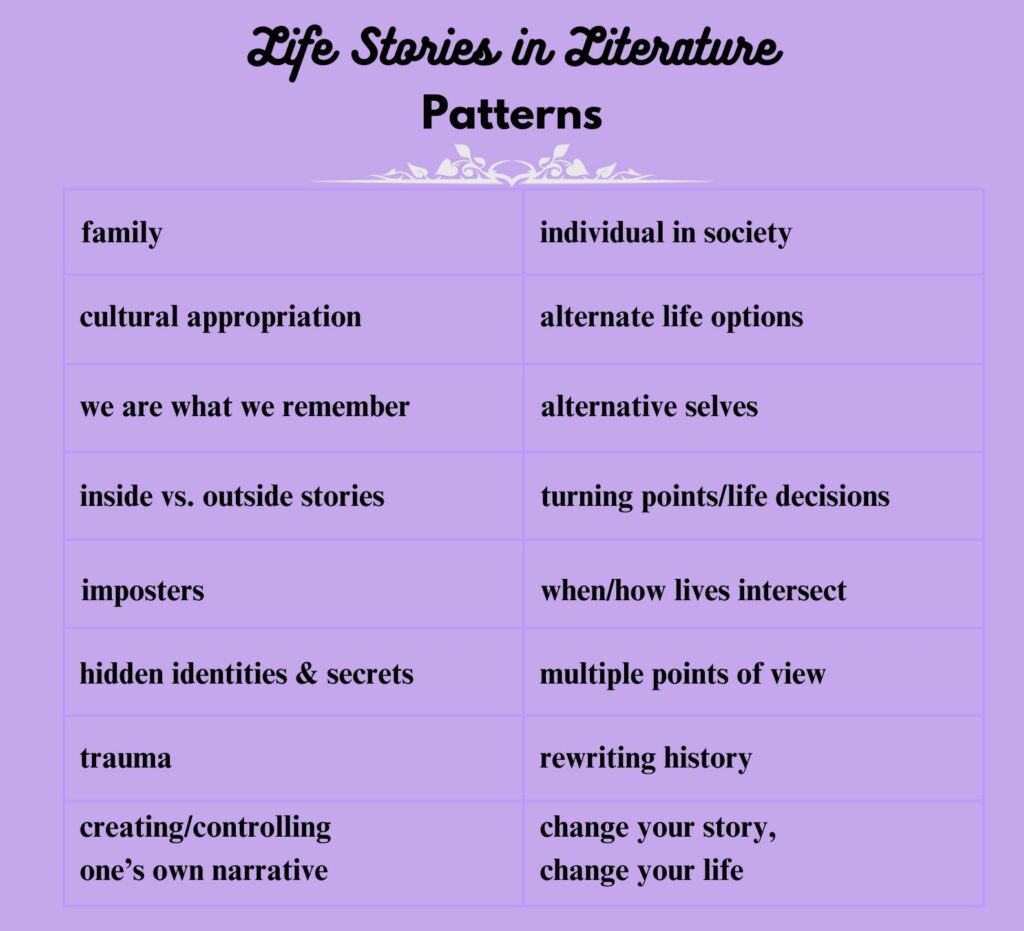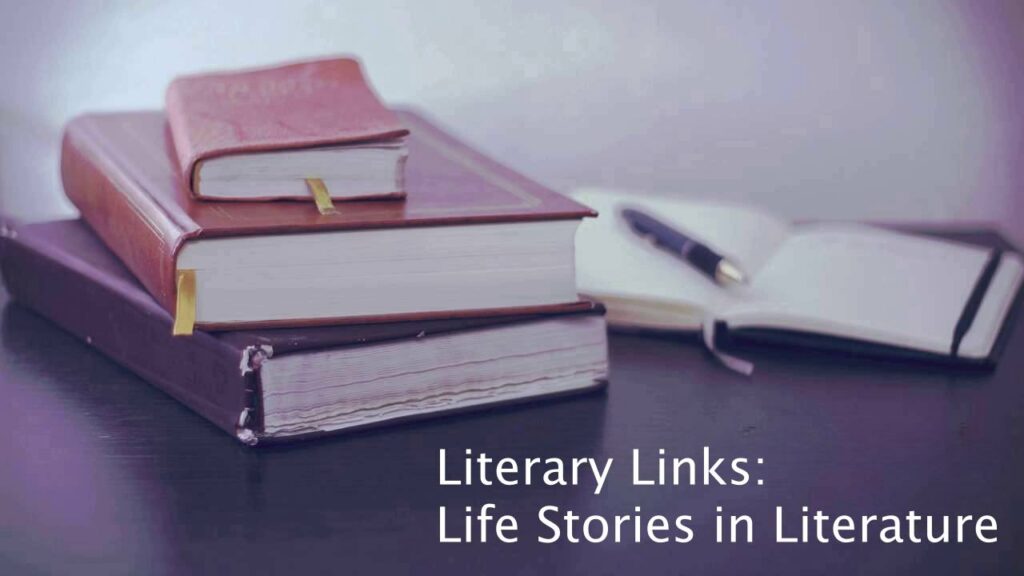
Refugee Lit Stakes Its Worthy Claim
“In a refugee camp,” Iranian American author Dina Nayeri writes in her 2019 novelistic memoir, The Ungrateful Refugee: What Immigrants Never Tell You, “stories are everything. Everyone has one, having just slipped out from the grip of a nightmare, [they] transported us out of our places of exile, to rich, vibrant lands and to home.”
JSTOR reports on the work of Peter Sloane, senior lecturer in English literature at the University of Buckingham. In his book From Rupture to Refuge: The Coordinates of Contemporary Refugee Narratives, Sloane discusses “how writing by refugees about the refugee experience helps those who’ve been displaced make sense of their disrupted lives and regain a sense of agency and belonging.”
In this interview with Sloane, writer Tim Brinkhof describes Sloane’s book as “an exercise in literary criticism, aimed at a rich, relevant, and hugely understudied type of writing—at its tropes, inspirations, and capacity to ‘understand and then to start to reverse the displacement to which [its authors] have been subject.’”
Sense of purpose emerges as key predictor of cognitive functioning in older adults
The tendency to analyze and evaluate one’s life often emerges in older adults. This article reports that a “large, decade-long study of older adults has found that those with higher levels of well-being—especially a strong sense of purpose—also tended to show better cognitive functioning and less cognitive decline over time.”
Transatlantic Studies: A Reading List
Just as literature shapes national identities, so too do national and international sociopolitical currents shape the study of literature and culture. This insight holds especially true in transatlantic studies, a field that, by and large, grew out of twentieth-century reevaluations of Americanness itself.
And there you have a succinct, elemental definition of how the study of life stories plays out on a cultural and political scale.
“Taking the Atlantic Ocean as a guiding metaphor, transatlanticism emphasizes the fluid, porous, or plastic nature of contrived national boundaries and identities,” writes Abby Clayton, a PhD candidate in English at Indiana University Bloomington. Here she offers links to works that “offer foundational rather than comprehensive touchpoints in the development and application of a transatlantic critical model.”
Does Anyone Really Know You?
“Our yearning to be fully known is inevitable—and, perhaps, misleading.”
Joshua Rothman wonders how many people come to know “our unexplored interiors”:
Like the main character in the Beatles’ “Eleanor Rigby,” you may find that the passage of time has rendered you unknowable: your life story is so long that people wonder who you are and where you’ve come from.
And how well do we really know ourselves?
The search for the answers to these questions is the reason I read so much fiction.
Seeing struggle as growth linked to higher self-esteem and life satisfaction
One of the characteristics of narrative identity theory is the search to find meaning and purpose in life.
This article reports on a recent scientific study done to evaluate the mindset called “difficulty-as-improvement,” which you may recognize as the adage “what doesn’t kill us makes us stronger.” Study results indicated that participants who held such beliefs “tended to report greater life satisfaction, a stronger sense of meaning, more coherent life narratives, and higher self-esteem.”
© 2025 by Mary Daniels Brown


The Peter Sloane sounds like an interesting (and important!) book.